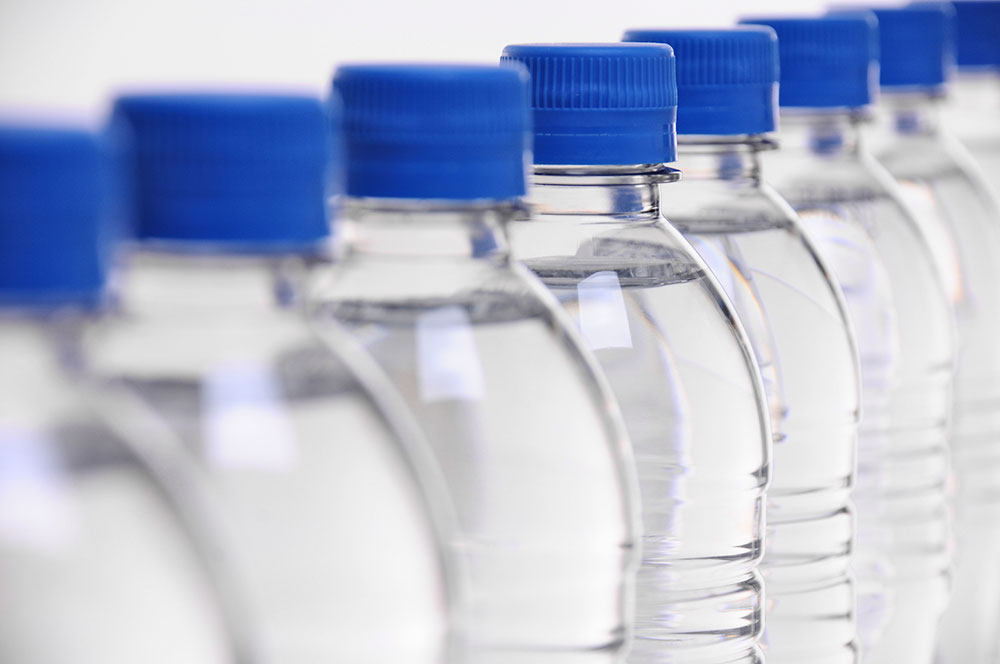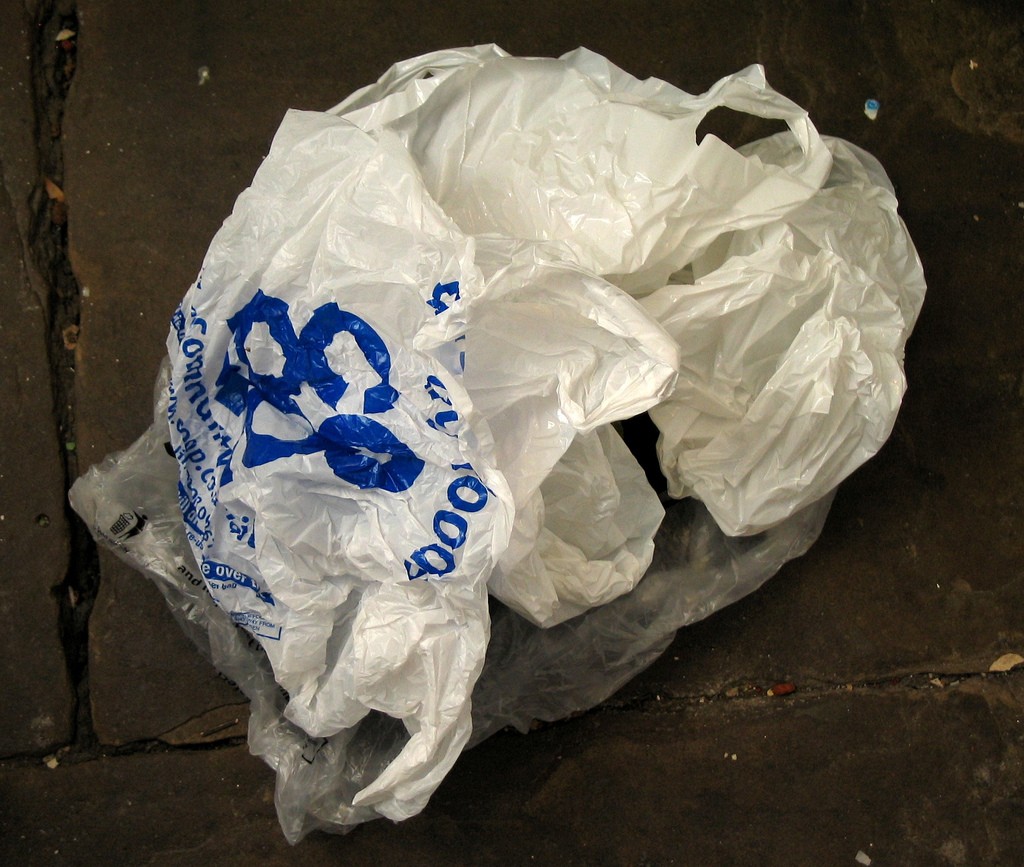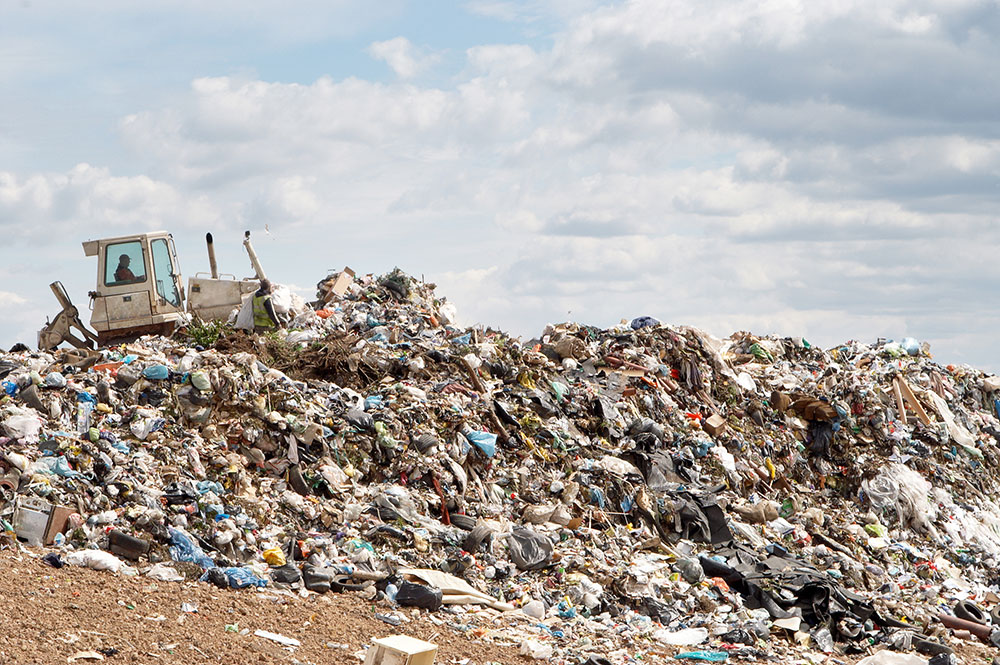
While recycling has become a greater norm than it has been in the past, it still comes with many difficult challenges. Perhaps the biggest challenge is the inability to still recycle certain materials. Most of the materials that cannot be recycled unfortunately end up in a landfill where they may sit for hundreds of years to come. So, in order to make better decisions about what materials to avoid, what are the hardest materials to recycle and how can you avoid using these materials to begin with?
Lids Of Plastic Water Bottles

Typically, disposable water bottles are relatively easy to recycle. This is largely because they have been getting thinner and thinner over the years. This makes melting them down an easy process. The lids of water bottles are typically made out of much more dense and harder to recycle materials. To prevent this, ensure that you are always utilizing a reusable water bottle. Ideally, the bottle would be glass based because even some plastic reusable water bottles can eventually break down.
Batteries

Batteries require a highly specialized process to recycle. If you don’t have easy access to battery recycling, it is easy to see how they may end up in a landfill. To avoid this, seek out products which include a rechargeable lithium ion battery as opposed to those which use single use batteries.
Plastic Bags

Although it is common knowledge that plastic is relatively easy to recycle, plastic bags pose a unique challenge to recycling companies. The main challenge in recycling them is how thin they are. When plastic bags travel through recycling facilities, they can often clog various machines and wreak havoc in the recycling process. To avoid using them, consider keeping a stock of canvas bags in your vehicle or in the basket of your bicycle to use for groceries.
Single Use Nappies
Single use nappies are meant to hold up which is great for parents but not so great for the environment. Nappies are notorious for not breaking down and can quickly end up in landfills for decades on end. To help avoid this, consider making the switch to reusable cloth nappies. Not only is this better for the environment, but it is also better for your wallet since you can reuse them over and over as opposed to buying them in bulk on a weekly basis.

Related post: How waste disposal and recycling will be key to any Green New Deal in the UK
